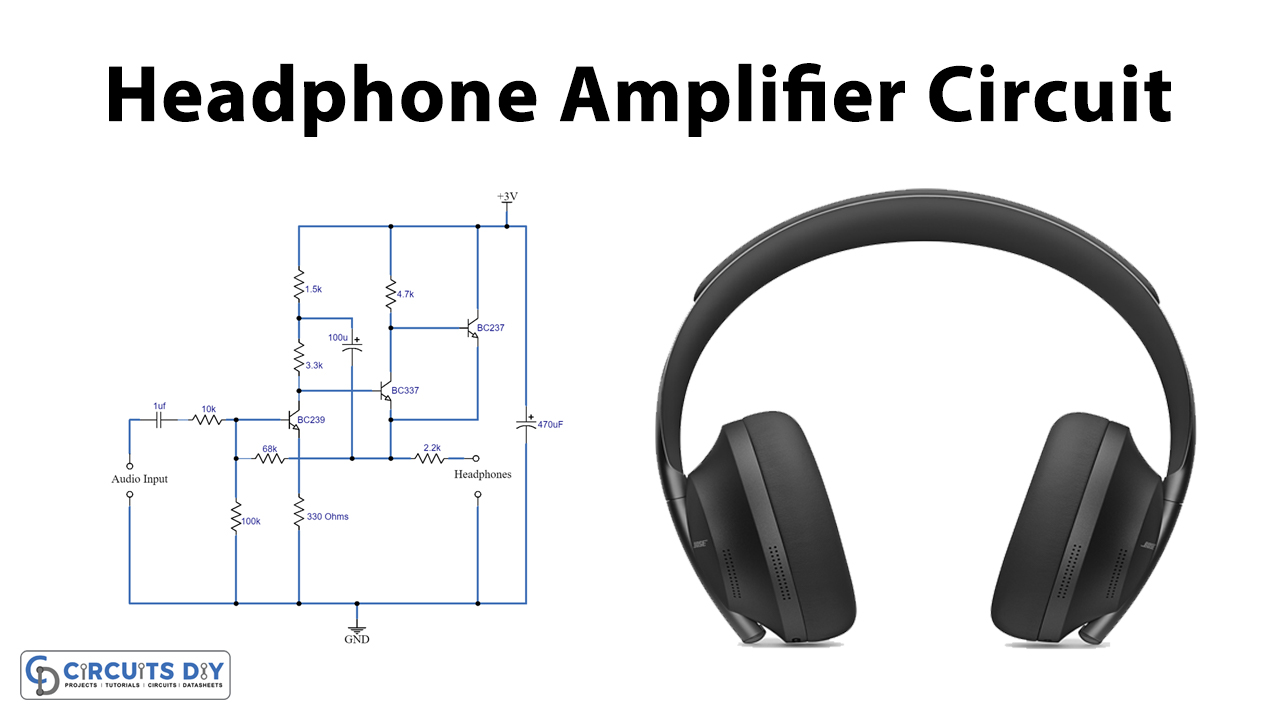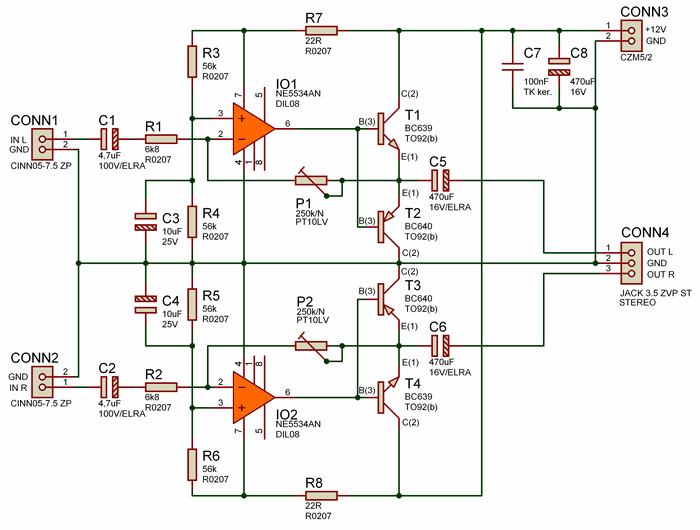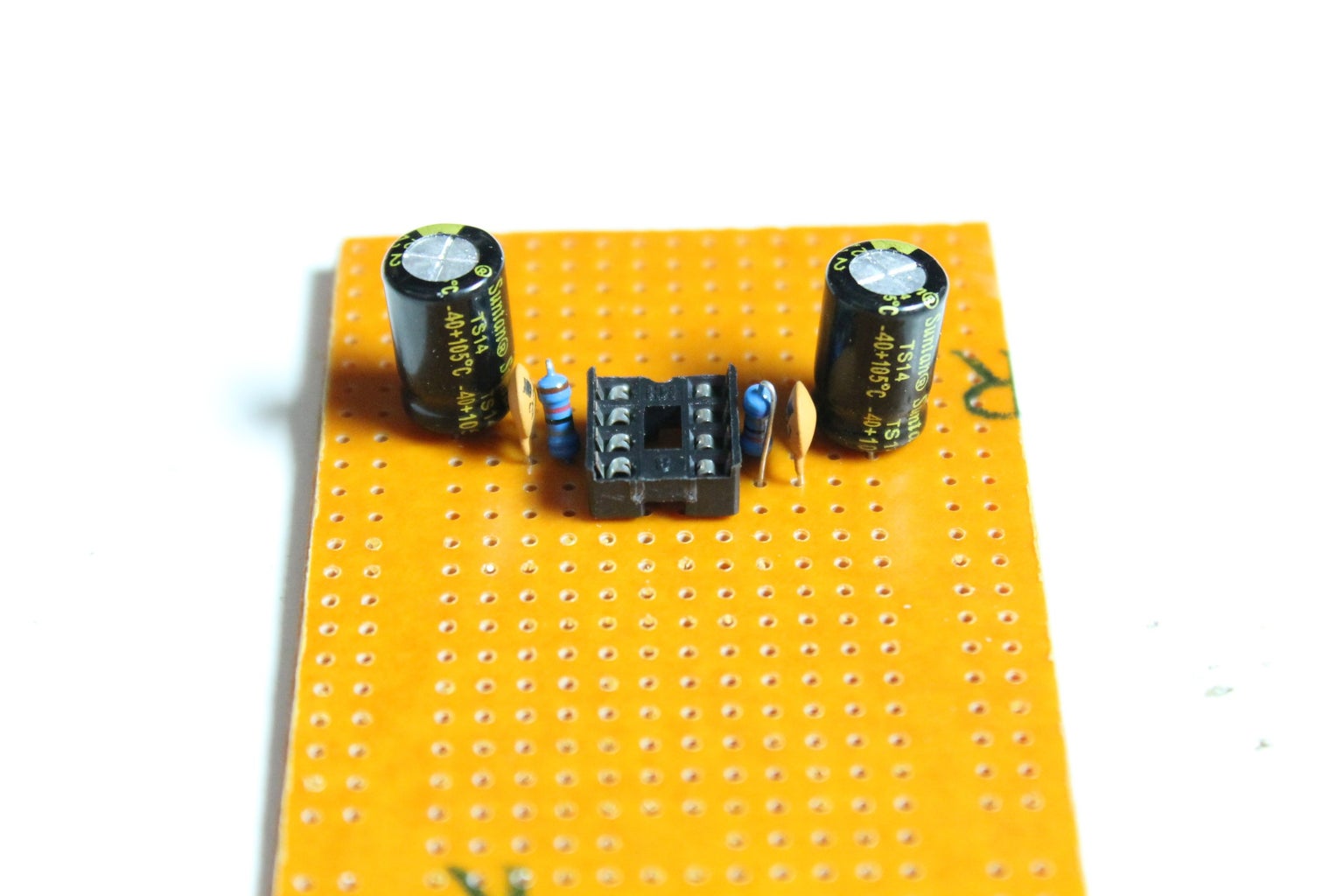Headphone Amplifier Circuit Using Transistors DIY 42 OFF Circuit Diagram
BlogHeadphone Amplifier Circuit Using Transistors DIY 42 OFF Circuit Diagram The circuit board is heated from underneath until temperature is high enough to melt the solder and reflow the components. Cooling the board is difficult to control. and the capacitors create high-pass filters, reducing amplifier gain at DC to unity. This filter also has 16 Hz corner frequency. A new headphone amp is ready. Filed Under

Typically, a headphone is connected to the loudspeaker output of the final amplifier stages through a voltage divider circuit. However, this simple design has two distinct disadvantages. Firstly, the headphone volume cannot be varied independently from the main speaker when the main speaker is switched on at the same time. I test this circuit using my Sennheiser HD201 headphones, they are quite efficient and sound pretty tasty with this circuit! :P It only uses a handful of components which most electronics builders can find in their component boxes etc. This circuit can work on any voltage from 6v-24v aslong as heatsinking the components is taken into consideration.

Audio Amplifiers Circuit Diagram
A headphone amplifier is a relatively low-power amplifier that boosts the low-voltage audio signal from a source device (be it a turntable, laptop, or smartphone) to a sufficient level, such that it converts (or transduces) into sound waves by the speakers inside your headphones. It works like the amps which power full-sized speakers but also operate at a lower scale.

The NE5532 headphone amp schematic typically includes the NE5532 op-amp, resistors, capacitors, and other components that are required to create the amplifier circuit. It may also include additional features such as volume control, input and output buffers, and power supply regulation to enhance the performance of the headphone amplifier.

How to Build a Powerful Ne5532 Headphone Amp: Schematic and Guide Circuit Diagram
Learn how to design audio circuits, This tutorial will show you how to connect a 3.5 mm audio jack from an old pair of headphones to the audio input of your DIY audio projects. Learn how to build eight different op-amp circuits, including an inverting and non-inverting amplifier, voltage follower, differential amplifier, integrator
